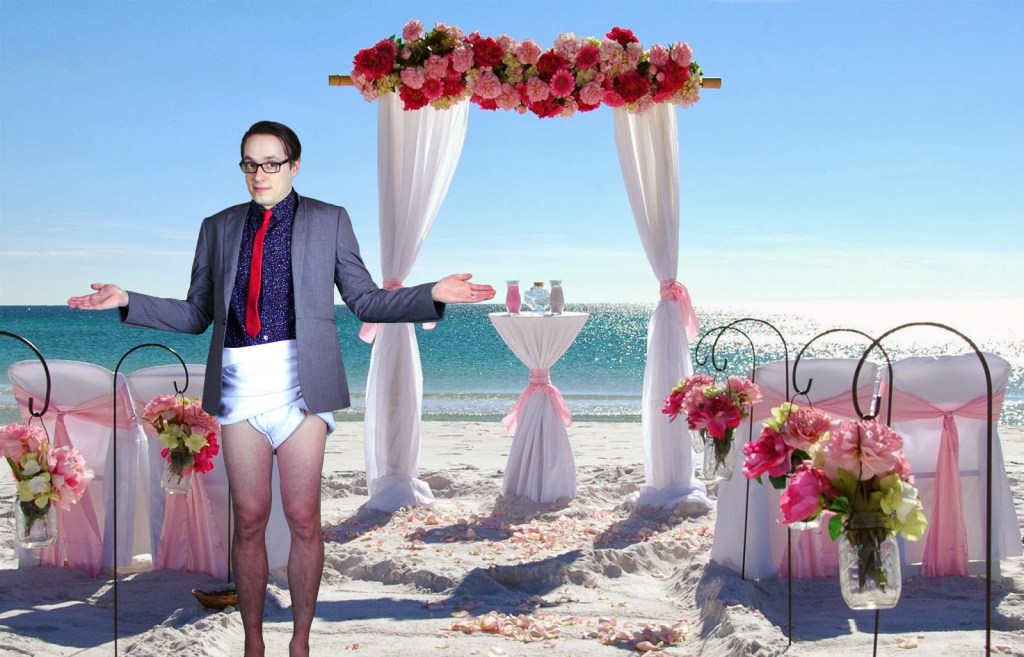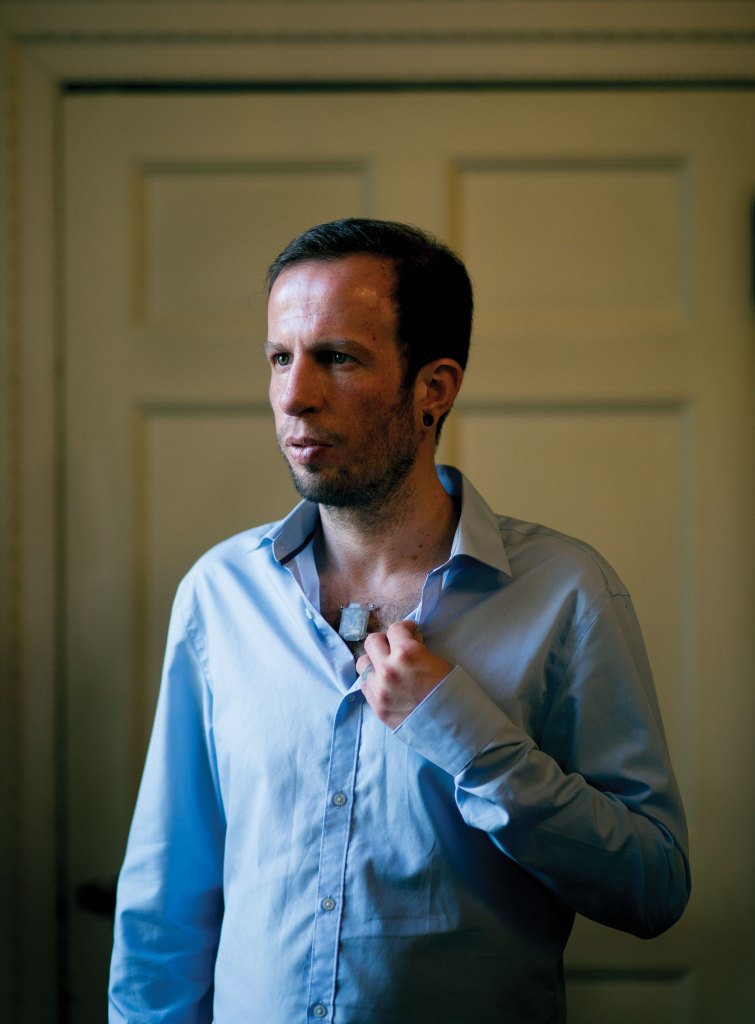
High street shops like H&M play loud music to make us feel good and buy more. Photo via Wikimedia.
It’s a time of economic crunch and we’re all poor and jobless, so the high street has to resort to witchcraft and trickery to fool us into giving them our money. High BPM music to make you eat faster in McDonald’s, branded scents to make you feel that kick of synthesised nostalgia every time you hit up a Starbucks, low lights, dark lights: there are dozens of environmental cues shops use to make you shop faster, spend more and come back to do it all over again.
“Sensory marketing is one of the things that has been used a lot in the past few years,” Dr Mario Campana, lecturer in Marketing and Consumer Behaviour at Goldsmiths, told us. “The visual and the music has an impact on the way we shop. Research shows if you have upbeat music in a shop, there’s a greater chance the consumer will buy more. You tend to move faster. With visual merchandising, research shows if you have cleaner lines and shelves and not too much visual complexity to the environment – not loads of piles in the corner and it’s more neat – there is more tendency for the consumer to buy.” You don’t even know it, but Peacocks are inside your head and they are fucking it up.
Videos by VICE
But the high street is getting a bit full-on. Following this frankly incredible piece of investigative reporting by the Daily Mail, there’s now a petition to get shops and restaurants to cool it with the background music, with the group “Pipedown” teaming up with charity Action on Hearing Loss to collectively ask everyone to turn that ruddy R&B music down, sir, I’m trying to eat here!
Muzak aside, there’s something to this whole “shops using mysterious ancient incantations to make us buy €40 T-shirts”, so we spoke Dr Gorkan Ahmetoglu, a lecturer in business psychology at UCL, to find out how it all works.

Starbucks pumps out a strong coffee smell to draw us in. Photo via Wikimedia.
VICE: People are cross about shops playing music too loudly. Do they do that to stress us out and make us buy stuff quickly?
Dr Gorkan Ahmetoglu: There are several studies showing that if shops play music, people will spend more. Not every type of music works, though – generally, if the volume is lower, if it’s a familiar tune playing in the background, people will get more pleasure out of shopping, and when people are in a good mood, they spend more. Sometimes, if people don’t like the type of music or if it’s too loud, it will have a negative effect, or no effect at all.
I heard that McDonald’s plays fast music so you eat quickly and leave?
Yeah, exactly. Music with a higher tempo makes people feel more aroused. Some research suggests that higher tempo music makes people move faster – and even spend more.
How about smells? I’ve been to a lot of places where a shop will have a specific smell. Is that something they’re trying to cultivate?
It’s the same as with music – nice smells make people feel better, and therefore they spend more. An important thing with smell – and indeed with music – is that it’s congruent with what kind of product is being sold and what the product is like. So if you’re selling chocolates, the smell should be chocolate, not flowers.
Subway has such a distinctive smell – do shops make their own smells to pump out?
Yeah, take Starbucks: coffee is a strong smell. You can smell a Starbucks on the street from metres away. It’s very unlikely that the coffee they’re producing is actually that strong, so I think there could be evidence to suggest they’re using additional smells. Rolls Royce put leather scent in their cars in order to get people to feel at home with their new cars, and that has a positive impact on sales.
If I go into Starbucks I’ll smell it and I’ll know exactly what I’m about to get. Is it also a way of cultivating brand loyalty?
I wouldn’t say it’s brand loyalty, necessarily. You associate the smell with a nice taste. So, in essence, the smell triggers positive emotions, and positive emotions are related to shopping more. There’s a pure evolutionary explanation for that: we use our smell to understand the quality of products, and therefore retailers can use smells to trigger those positive emotions.
What else do shops do to make us buy more?
A classic thing is putting sale signs everywhere to make it complicated for the consumer, so they start using automatic judgments rather than rational decisions, which is impossible when there’s so much information. Using hedonic products like fruits and chocolates when you’re just entering a shop makes people feel positive and up for shopping more. Also, putting impulse purchase items throughout the stores and at checkouts keeps people shopping, and also gets them excited when they think they’ve finished shopping. Colour and lighting is important, too.
Like in Abercrombie & Fitch shops – where it’s dark and there are people above you dancing on podiums?
Yeah, exactly. From a psychological standpoint, they are probably trying to get you to think that the brand is all about sexual appeal, so if you make the shop like a club or a bar – where there is above average sexual tension in the air – you are probably more inclined to look at clothes that would be in line with that, and just be more aroused, let’s say, and more open to suggestion.
Do you think consumers are aware of this?
Most consumers won’t be aware of these influences or environment cues. Even when they are aware and are sceptical, they will still be influenced by them. The human brain – when it comes to practical stuff like shopping – tends to go by intuition rather than rational thinking. So the point of all this stuff is to try and guide our intuition in particular directions.
Even when we know all that stuff is by the checkout so we buy it compulsively, we still do it.
Yeah, you can’t control it. You just can’t control your instincts – it would be too much effort. If you tried to not be influenced by marketing tactics I think you probably wouldn’t be able to live a normal life.
More from VICE:
The High Street Hall of Shame: All the Companies Ripping Off Their Employees Over the Living Wage
I Pushed ‘All You Can Eat’ Restaurants to Their Absolute Limits
I Tested All the Changing Room Mirrors of My High Street to See If They Made Me Look Any Different



